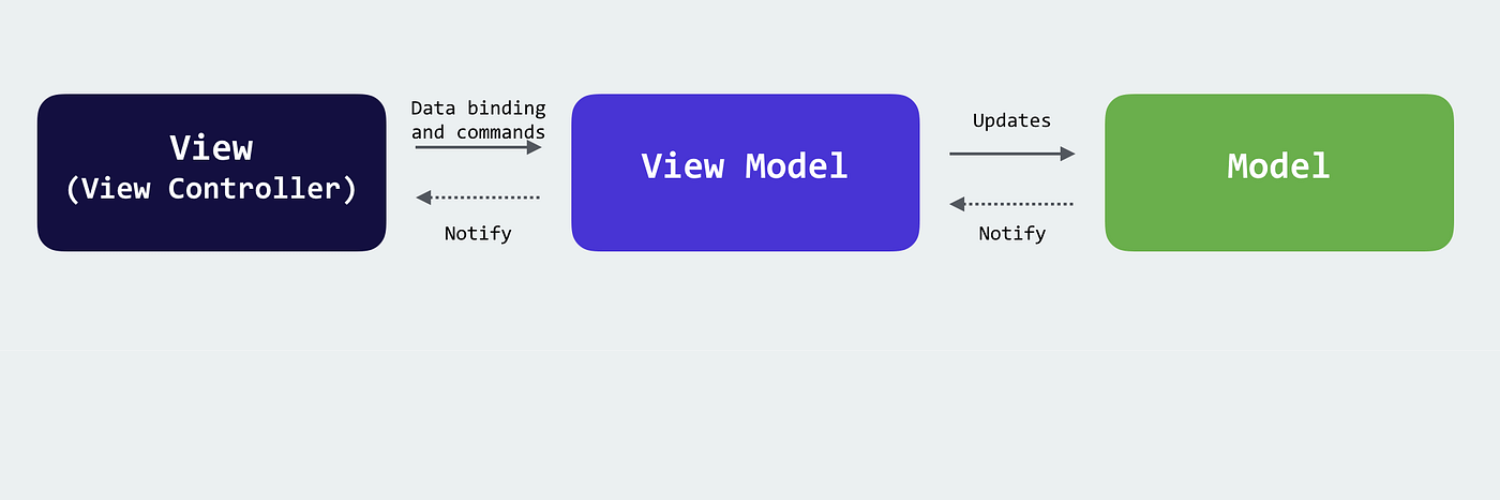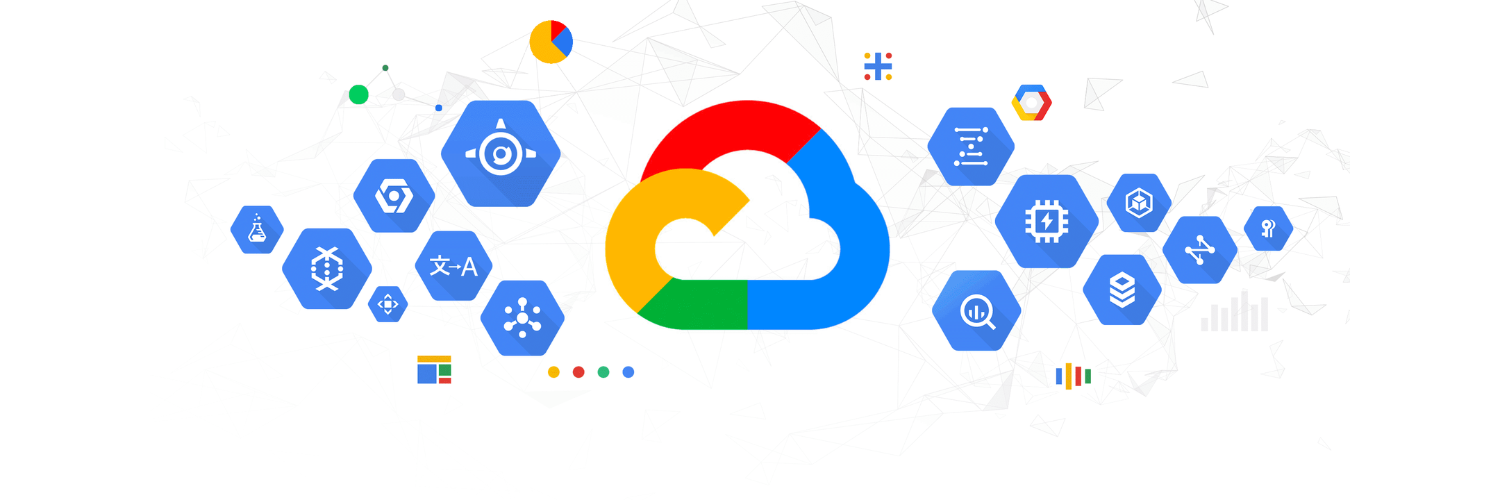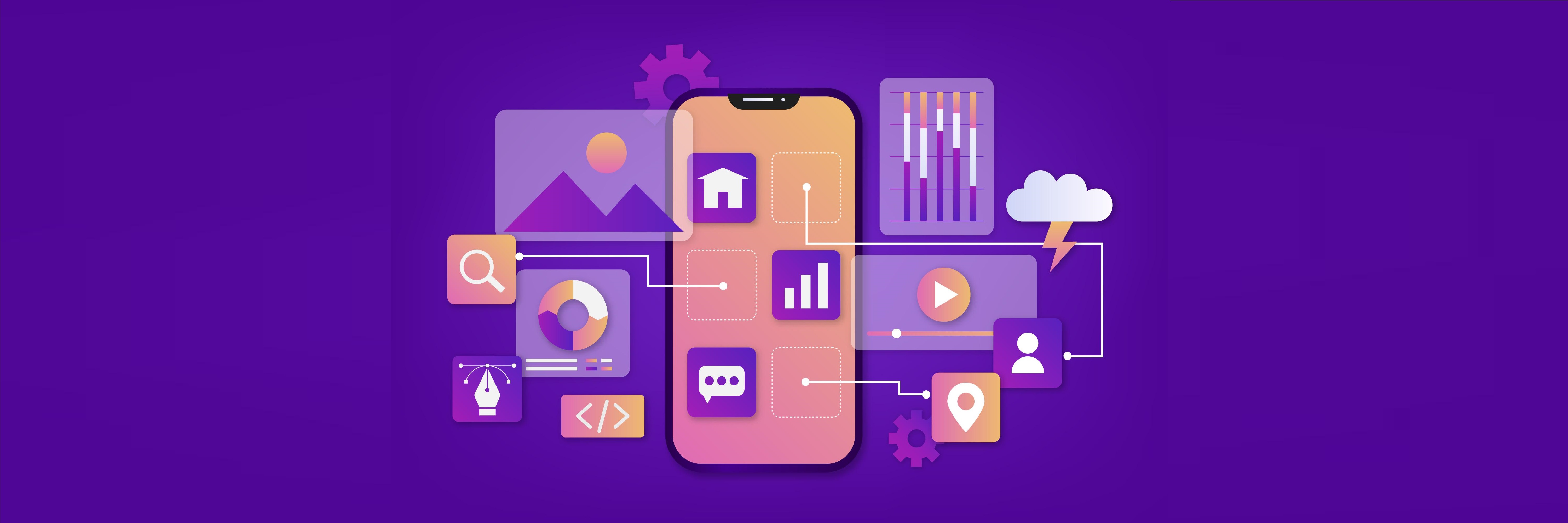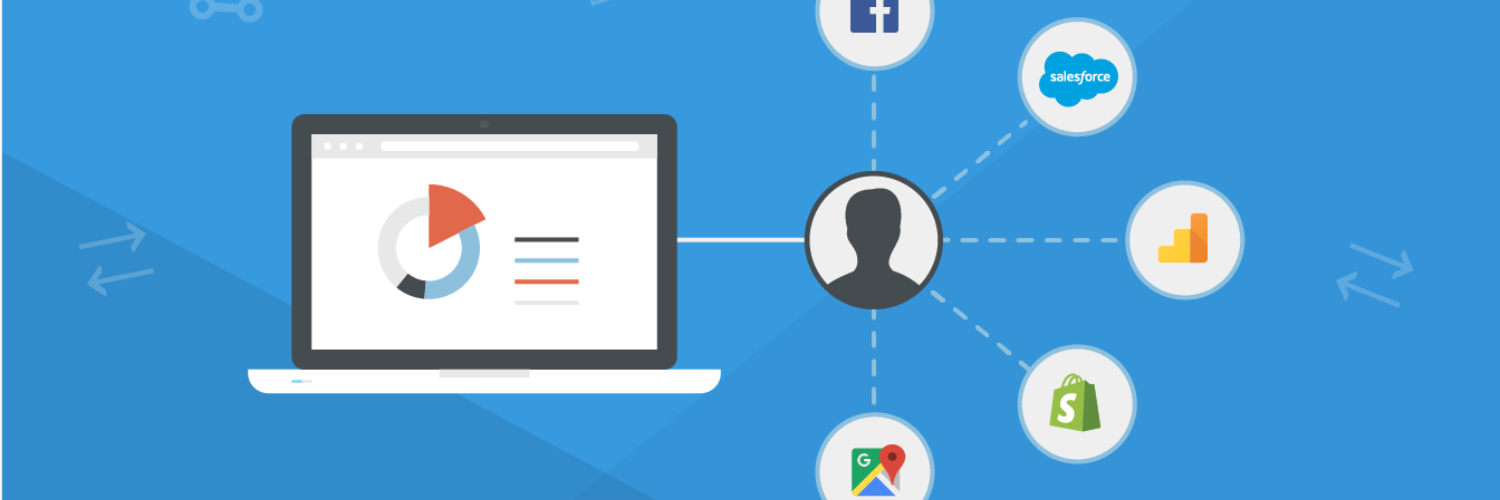As your business flourishes, you might be thinking about extending your reach digitally. The right app can be a game-changer for your business, and making this choice is key to unlocking that potential. It's a smart move, but how do you decide? Should you go for a flexible web app, a dynamic mobile app, or cover all bases by developing both? In this post, we'll walk you through the advantages and disadvantages of each to help you align your choice with your unique business strategy.
Let's start by breaking down the basics: What really sets a mobile app apart from a web app? In simple terms, a mobile app is something users download onto their devices - think of apps like Instagram or WhatsApp. They live and operate on the device itself. On the other hand, web apps function in the browser - no downloads needed. They're more like visiting a website that behaves like an app (imagine Google Docs or an online project management tool).
In this blog post, we’ll dive deeper into these choices. It’s about making an informed, strategic decision that not just meets, but anticipates the needs of your target audience, fits your budget, and aligns seamlessly with your business objectives.
Comparing Web and Mobile Apps – In-depth Insights
The Web App
As we discussed, a web application is accessible via a browser, offering convenience and ease of use without the need for installation. Now, let’s delve deeper into the details and clarify the different types of web apps.
Advantages of Web Apps for Businesses:
- Cross-Platform Compatibility: Web apps work across multiple platforms. Whether your users are on Windows, macOS, or Linux, they can access your app with ease.
- Streamlined Maintenance: Updates and maintenance are simpler since they are done directly on the server. This setup eliminates the need for users to manually update their apps.
- Cost-Effective Development: Web apps typically require less investment for development and deployment since the same codebase serves users on different platforms.
- Broader Accessibility: With only a browser needed for access, web apps can potentially reach a wider, more diverse audience.
Despite these benefits, web apps may have performance limitations for tasks requiring intense processing or graphics. They also might not fully leverage certain smartphone features due to browser restrictions. Plus, their reliance on internet connectivity can be a downside in areas with poor service.
The Mobile App
Moving on to mobile apps, these are applications that users download and install on their devices, from specific storefronts like Apple’s App Store or Google Play Store.
Advantages of Mobile Apps for Businesses:
- Optimized User Experience: Mobile apps are often faster and more efficient, providing a smoother user experience. They can tap into the full potential of the device's hardware — think about integrating functionalities like the accelerometer or camera.
- Works Offline: Many mobile apps offer functionality even without an internet connection, which is a significant advantage over web apps.
- Marketplace Presence: Being listed on app stores can dramatically increase visibility and credibility, potentially driving more downloads and engagement.
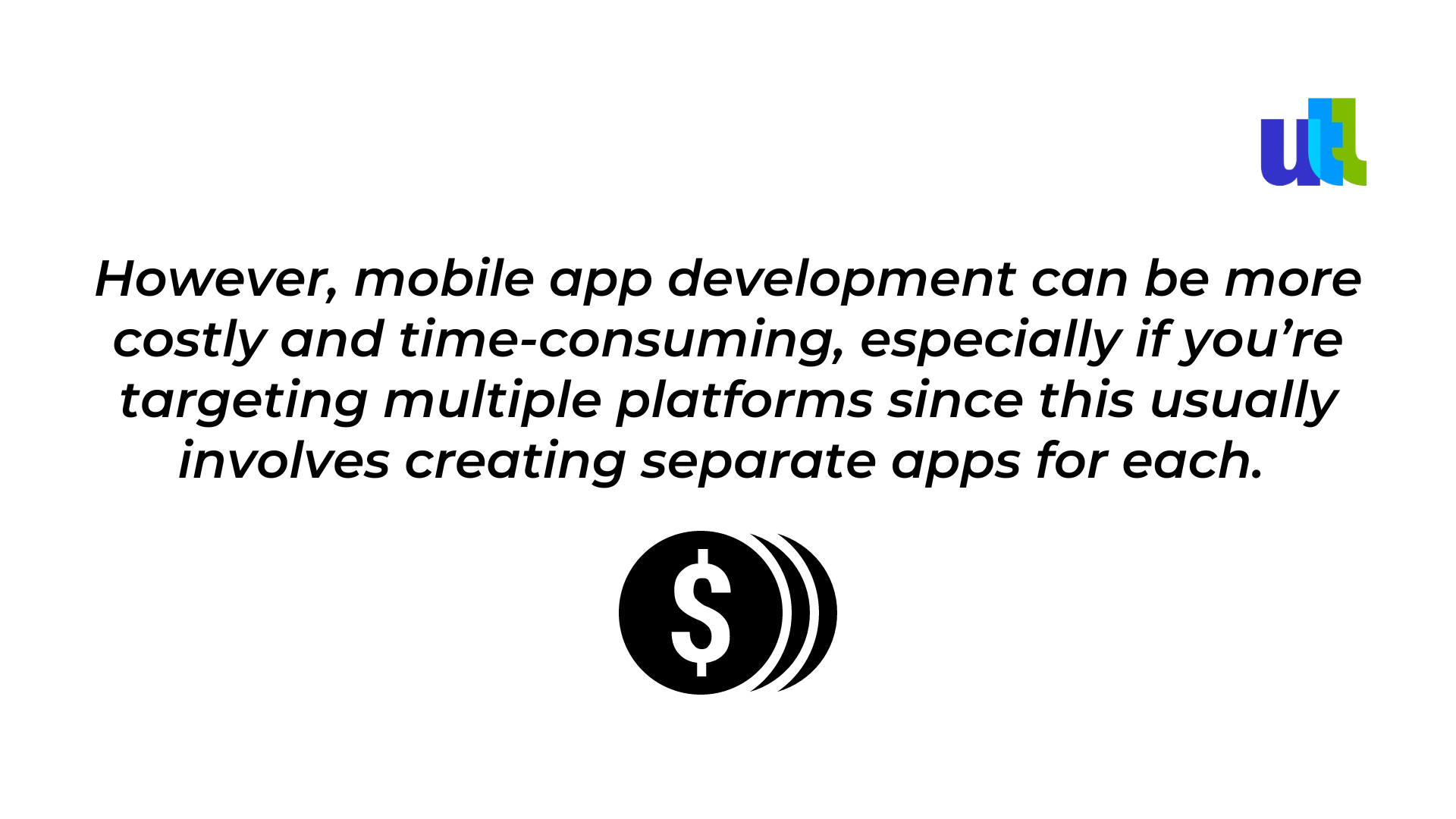
The approval process for app stores can also be challenging, and ongoing maintenance is necessary to ensure compatibility with the latest devices and operating systems.
Web App vs. Mobile App – Which Is Best For Your Business?
The dilemma of selecting between a web app and a mobile app hinge heavily on your business's unique needs and objectives. Both platforms have their distinct pros and cons, and the decision should be driven by several critical factors that are unique to each business.
Considerations for Decision-Making:
1. Understanding Customer Dynamics: The type of relationship you aim to build with your customers is crucial. If you're looking at fostering long-term, regular interaction, mobile apps might be the way to go. Their presence on a user’s device encourages habitual use and offers greater engagement opportunities through features like push notifications.
2. Technological Requirements: Evaluate the technological features essential for your app. Mobile apps generally provide a more extensive range of functionalities, including offline access and device hardware integration (like camera and GPS usage). If these features align with your app's purpose, a mobile app could be more suitable.
3. Marketing and Visibility: Your existing marketing strategies can also influence your choice. If you're heavily invested in web-based marketing (SEO, online ads), a web app might integrate more seamlessly into your current marketing landscape. Mobile apps, while offering visibility in app stores, require a different approach to marketing and user acquisition.
4. Budget and Resource Constraints: Development costs can vary significantly between web and mobile apps. Web apps can be more cost-effective and quicker to deploy, making them a sensible choice for startups or businesses with limited budgets. Mobile apps, especially if you’re developing for multiple platforms (iOS, Android), can be more resource-intensive.
5. User Experience Goals: If delivering an interactive, engaging, and highly personalized user experience is a priority, mobile apps typically perform better. They are adept at utilizing the full capability of the user's device, resulting in a more dynamic and engaging user interface.
6. Long-term Strategy and Scalability: Consider how your chosen platform aligns with your long-term business strategy. If you’re aiming for rapid scaling and reaching a broad audience quickly, a web app might be more advantageous. For deeper market penetration and user engagement, a mobile app could be more effective.
Progressive Web Apps (PWAs) – A Hybrid Solution
In some cases, the best answer lies in a hybrid solution like Progressive Web Apps (PWAs). PWAs provide an app-like experience on the web browser, combining the best aspects of both web and mobile apps. They are an excellent option for businesses looking to offer a user-friendly, accessible, and efficient app without the high costs and complexity of native mobile app development.
Final Thoughts
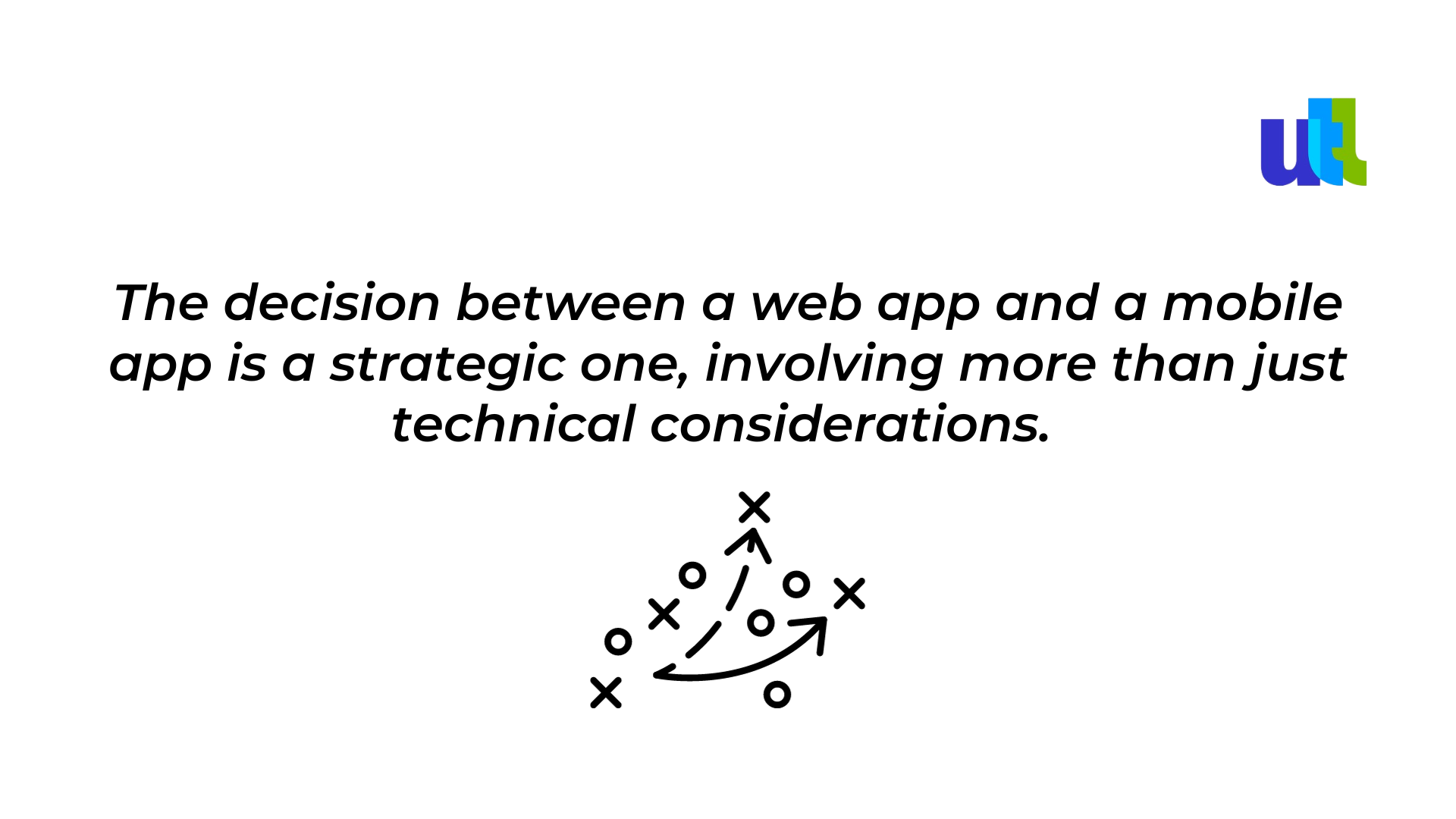
It should align with your business model, user engagement strategy, and future growth plans. Whether it’s the universal accessibility of web apps or the engaging, feature-rich experience of mobile apps, your choice should support your business's overarching goals and vision.
Partner for Success
Remember, collaboration with a skilled development team can provide invaluable insights and expertise, helping you navigate the complexities of app development. These professionals can guide you towards making a choice that’s not only technically sound but also strategically astute, ensuring your digital presence is robust, relevant, and ready for the future.
In summary, whether you opt for a web app, a mobile app, or a blend of both in the form of a PWA, the decision should be an informed one, reflecting your business needs, customer expectations, and market landscape. With thoughtful planning and strategic execution, your choice between a web and mobile app can lead to successful digital engagements and meaningful customer interactions.
Have an idea and need an app to bring it to life?
At Utah Tech Labs, we specialize in full-stack development for both mobile and web applications. Our expertise extends to creating native mobile applications for both iOS and Android platforms, as well as crafting responsive, progressive web apps compatible across various devices.
Serving clients across diverse industries, we're equipped to turn your digital visions into reality.
Let our team of experts guide you. Utah Tech Labs is here to provide the necessary information and tools to help you make informed choices.
For free consultation on the web and mobile apps, click here.
----------------------------------------------------------------------------------------------
View the full presentation:
WRITTEN BY
Milda Butkeviciute
2023-11-03















